<< Previous | Displaying results 411-420 of 469 for "nurenberg" | Next >>
Beginning in the 1920s, Adolf Hitler and the Nazi Party emphasized their desire to create a Volksgemeinschaft (People’s or National Community) based on the foundations of race, ethnicity, and social behavior. Once in power, the Nazis aimed to shape a Volksgemeinschaft according to their ideological goals. Test
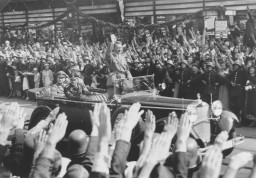
The Sicherheitsdienst (Security Service, SD) was a Nazi intelligence agency. Ideologically radical and part of the SS, it was a key perpetrator of the Holocaust.
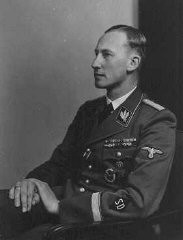
Lutz was one of two children born to religious Jewish parents living in Wrzesnia when it was still part of Germany. After World War I, Wrzesnia became part of Polish territory. Preferring to remain as German citizens, Lutz's family moved to Nuremberg. There, his father opened a kosher butcher shop. In 1926 the Haases relocated to Berlin and reestablished their butcher shop there. 1933-39: Like many of Berlin's Jews, Lutz was assigned by the Gestapo to a work detail in 1937. He laid electrical cable for…
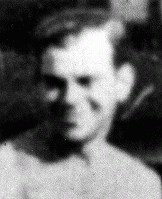
György was the only child of middle class Jewish parents living in the Hungarian capital of Budapest. His father, Istvan, was an engineer responsible for producing hydraulic grape presses for wineries. His mother, Margit, worked as a legal secretary. 1933–39: In 1938 and 1939, Hungary’s authoritarian government passed the first in a series of major anti-Jewish laws. The legislation severely restricted the participation of Jews in the economy and defined them in racial terms, much like the Nuremberg…
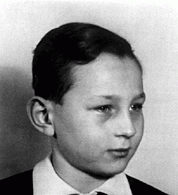
Nazi racism and racial antisemitism ultimately led to mass murder and genocide. Learn more about Nazi racial ideology.
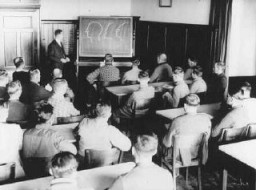
Jozef Tiso was a Slovak politician and a Roman Catholic priest. From 1939 to 1945, he was the president of the Slovak Republic, one of Nazi Germany’s allies.
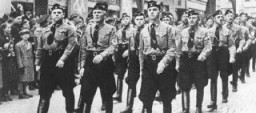
At Babyn Yar in late September 1941, SS and German police units and their auxiliaries perpetrated one of the largest massacres of World War II.
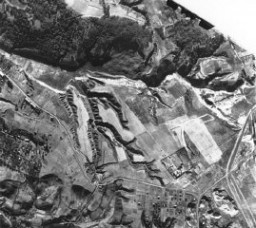
Edward was born to a Jewish family in Hamburg. In 1935, the Nuremberg Laws prohibited marriage or sexual relations between German non-Jews and Jews. Edward was then in his mid-twenties. Edward was arrested for dating a non-Jewish woman. Classified as a habitual offender, he was later deported to the Sachsenhausen concentration camp, near Berlin. He was forced to perform hard labor in construction projects. Edward had married shortly before his imprisonment, and his wife made arrangements for their…
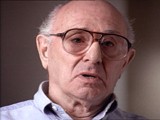
Edward was born to a Jewish family in Hamburg. In 1935, the Nuremberg Laws prohibited marriage or sexual relations between German non-Jews and Jews. Edward was then in his mid-twenties. Edward was arrested for dating a non-Jewish woman. Classified as a habitual offender, he was later deported to the Sachsenhausen concentration camp, near Berlin. He was forced to perform hard labor in construction projects. Edward had married shortly before his imprisonment, and his wife made arrangements for their…
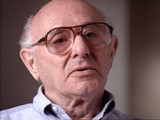
Edward was born to a Jewish family in Hamburg. In 1935, the Nuremberg Laws prohibited marriage or sexual relations between German non-Jews and Jews. Edward was then in his mid-twenties. Edward was arrested for dating a non-Jewish woman. Classified as a habitual offender, he was later deported to the Sachsenhausen concentration camp, near Berlin. He was forced to perform hard labor in construction projects. Edward had married shortly before his imprisonment, and his wife made arrangements for their…
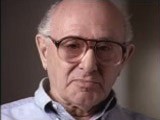
We would like to thank Crown Family Philanthropies, Abe and Ida Cooper Foundation, the Claims Conference, EVZ, and BMF for supporting the ongoing work to create content and resources for the Holocaust Encyclopedia. View the list of donor acknowledgement.